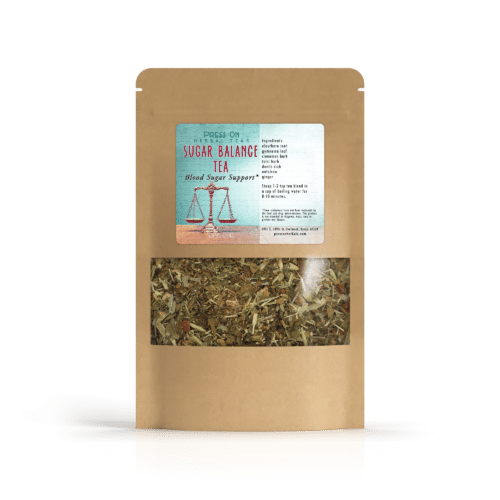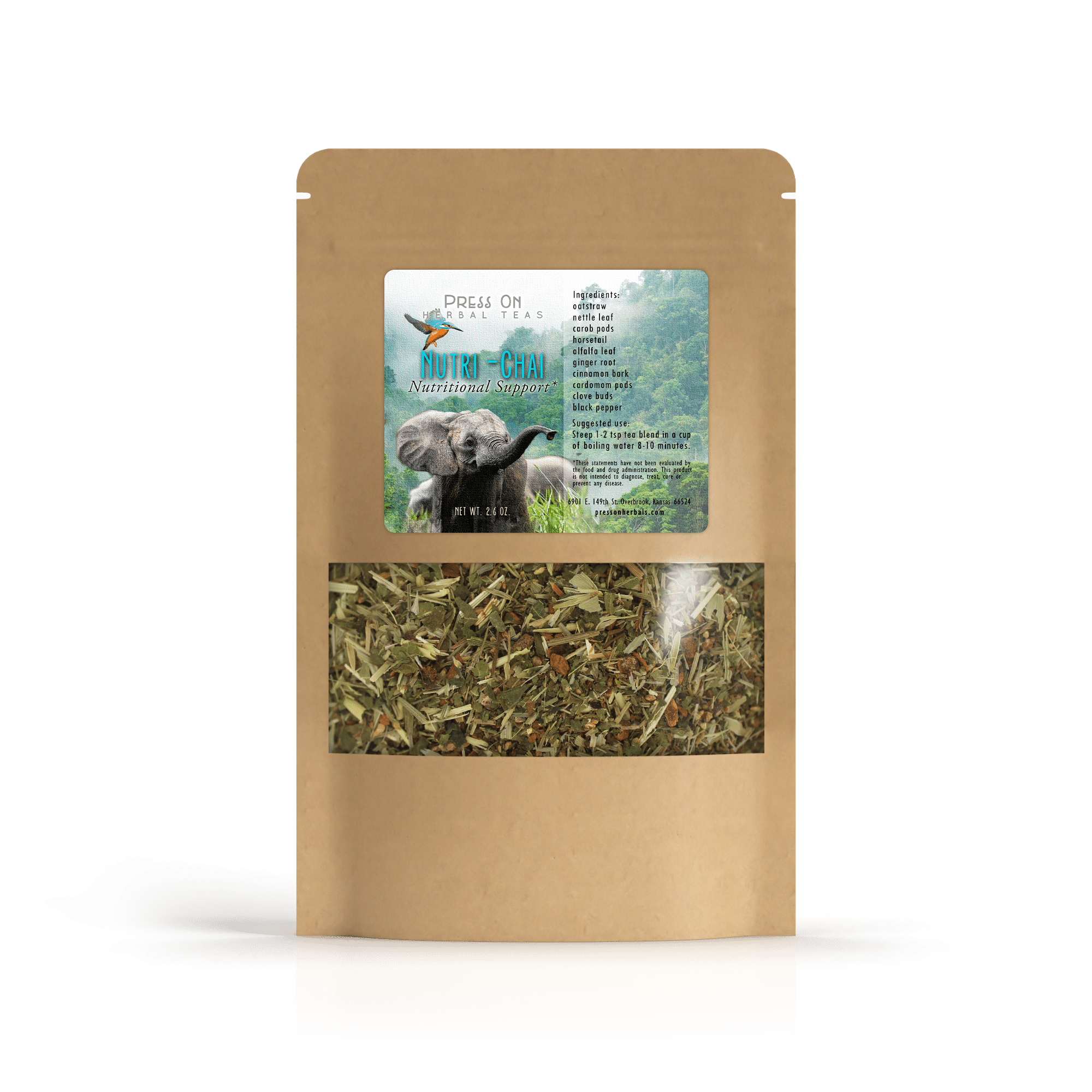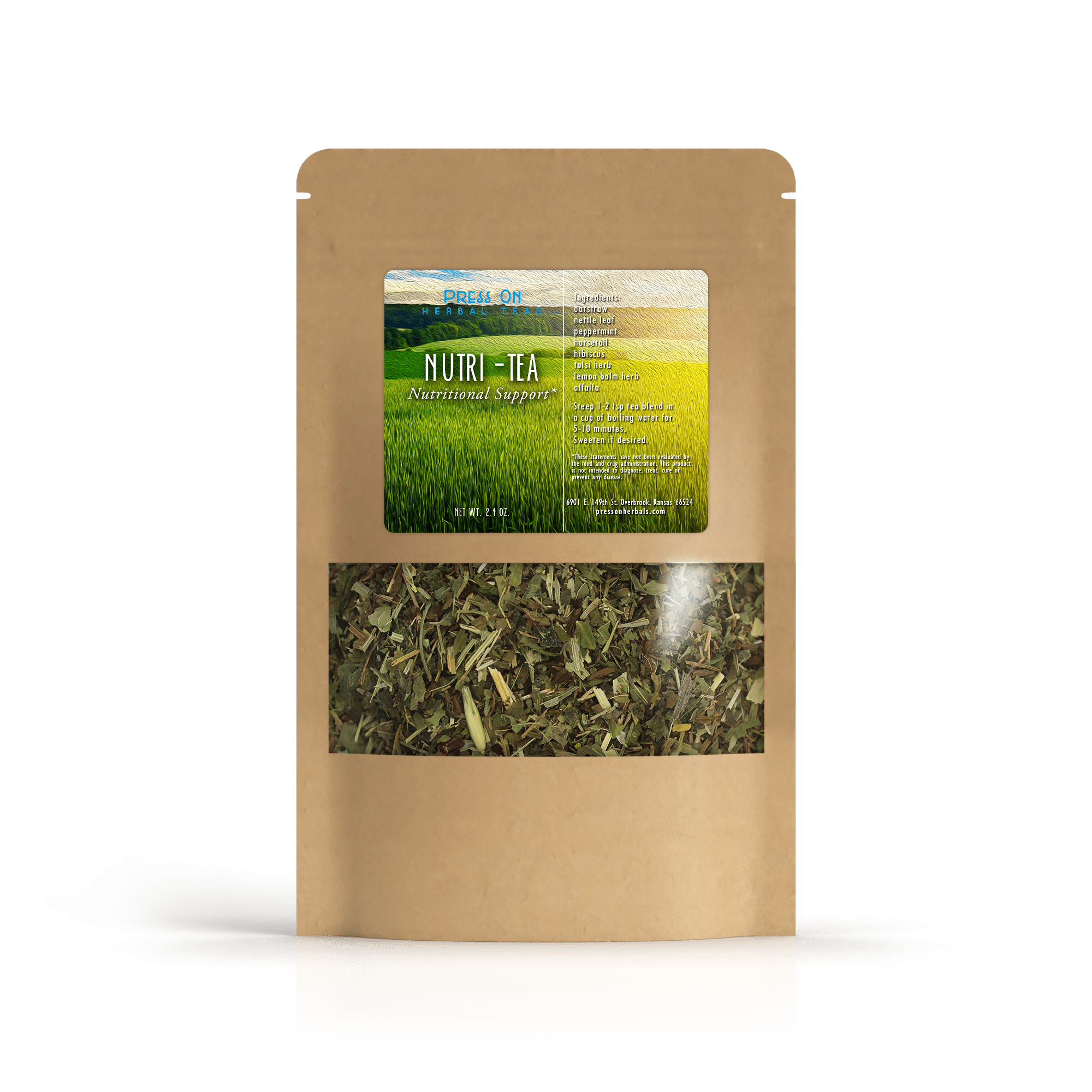Your Cart
In today’s fast-paced world, maintaining optimal digestive health can be a challenge. The stress of daily life, poor dietary choices, and lack of physical activity often contribute to digestive issues. Fortunately, nature has provided us with a variety of herbs that can support and enhance our digestive systems. Herbal medicine for digestion offers a natural and effective way to address various digestive issues, from common discomforts to chronic conditions. This article will explore some of the best herbal remedies for digestive health, helping you understand how these natural aids can be integrated into your lifestyle for improved gut health.
Digestive health is crucial for overall well-being and plays a fundamental role in maintaining our body’s internal balance. The digestive system breaks down food, absorbs nutrients, and expels waste, making it essential for sustaining life and energy. When this system is not functioning properly, it can lead to discomfort and various health issues, impacting our daily lives and overall quality of life.
A healthy digestive system ensures that our body receives the necessary nutrients to function optimally. It supports immune health, mental clarity, and energy levels. Poor digestion can lead to nutritional deficiencies, fatigue, and even mood swings, highlighting the interconnectedness of our body systems.
Many people experience digestive issues, such as bloating, indigestion, constipation, and heartburn. These problems can be caused by dietary habits, stress, or underlying medical conditions. Identifying the root cause of these issues is key to finding effective solutions, and herbal medicine can be a valuable part of this process.
Herbal medicine for digestion can play a vital role in supporting digestive processes and alleviating common problems. Herbs can offer relief from symptoms, promote healing, and enhance digestive function naturally. They provide a gentle, holistic approach to maintaining digestive health, often with fewer side effects than conventional medications.
Herbal remedies have been used for centuries to promote digestive health. Many cultures around the world have relied on herbs to treat digestive issues, and modern science is beginning to validate their effectiveness. Let’s explore some of the most popular herbs used for digestive support.
Peppermint is one of the most popular herbs used for digestive support, known for its refreshing aroma and soothing properties. It can help alleviate symptoms of irritable bowel syndrome (IBS) and reduce bloating, making it a go-to remedy for many.
Peppermint oil capsules are widely used to relax the muscles of the gastrointestinal tract and reduce spasms. The menthol in peppermint acts as a muscle relaxant, providing relief from cramps and discomfort.
Peppermint tea is a simple and enjoyable way to incorporate this herb into your daily routine. Drinking a cup after meals can aid digestion and prevent bloating. Peppermint oil capsules are another option for more targeted relief.
While peppermint is generally safe, it can cause heartburn in some individuals, especially those with gastroesophageal reflux disease (GERD). It’s important to monitor your body’s response and consult with a healthcare professional if you experience adverse effects.
- Relieves symptoms of IBS by calming intestinal spasms and reducing pain.
- Reduces gas and bloating, providing comfort after meals.
- Eases digestive discomfort, allowing for a more pleasant digestive experience.
Ginger is renowned for its ability to aid digestion and soothe the stomach. Its spicy, warming properties make it particularly effective in reducing nausea and vomiting, making it a popular choice for motion sickness and morning sickness during pregnancy.
Ginger contains compounds called gingerols and shogaols, which have anti-inflammatory and antioxidant properties. These compounds help stimulate digestive enzymes, promoting better digestion and nutrient absorption.
Ginger can be consumed in various forms, including fresh, powdered, or as a tea. Adding fresh ginger to meals or sipping on ginger tea can be a delightful way to enjoy its digestive benefits.
While ginger is generally safe, high doses can cause mild side effects such as heartburn or stomach upset. Pregnant women should use ginger cautiously and consult with their healthcare provider to ensure safety.
- Reduces nausea and vomiting, providing relief for those with motion sickness or morning sickness.
- Stimulates digestive enzymes, enhancing nutrient absorption and digestion.
- Alleviates bloating and gas, promoting a comfortable digestive experience.
Selecting the best herbal medicine for digestion involves understanding the specific needs of your digestive system. Some herbs are better suited for certain conditions, while others offer broad digestive support.
Chamomile is a gentle herb known for its calming effects, making it an excellent choice for those with stress-related digestive issues. It can help relax the digestive muscles and alleviate symptoms of indigestion and cramping.
Chamomile contains compounds such as apigenin, which have anti-inflammatory and antispasmodic effects. These properties help reduce inflammation in the gut and ease digestive discomfort.
Chamomile tea is a popular way to consume this herb and enjoy its soothing benefits. Drinking a cup before bed can also promote relaxation and improve sleep quality.
While chamomile is generally safe, it can cause allergic reactions in some individuals, particularly those with allergies to ragweed or other related plants. It’s always best to start with a small amount and monitor your body’s response.
- Relieves indigestion and cramping, providing a calming effect on the digestive system.
- Reduces inflammation in the gut, supporting overall digestive health.
- Promotes relaxation and reduces stress, benefiting both digestion and mental well-being.
Fennel is often used as a natural remedy for bloating and gas, offering relief from uncomfortable digestive symptoms. Its carminative properties help relax the muscles in the intestines, allowing trapped gas to be expelled.
Fennel contains anethole, a compound that helps relax smooth muscles and reduce spasms. This action makes fennel effective in relieving bloating and supporting healthy digestion.
Chewing fennel seeds after a meal or drinking fennel tea can support healthy digestion. Fennel can also be incorporated into cooking, adding a subtle anise-like flavor to dishes.
Fennel is generally safe for most people, but those with hormone-sensitive conditions should use it cautiously due to its estrogenic effects. Consulting with a healthcare provider can help determine its suitability.
- Relieves bloating and gas, providing comfort after meals.
- Supports healthy digestion by promoting the movement of food through the intestines.
- Acts as a natural antispasmodic, reducing discomfort from digestive spasms.
Healing the gut requires a comprehensive approach, and herbs can play a significant role in this process. Some herbs offer protective and soothing benefits, promoting gut health and recovery.
Licorice root is a powerful herb that can support gut health by reducing inflammation and soothing the mucous membranes of the digestive tract. It is often used in cases of gastritis and ulcers due to its protective properties.
Licorice root contains glycyrrhizin, which has anti-inflammatory and immune-boosting effects. This compound helps protect the stomach lining and promotes healing of ulcers.
Licorice root tea or supplements can be used to support gut health. Deglycyrrhizinated licorice (DGL) is a form of licorice that is often recommended, as it contains less glycyrrhizin and reduces the risk of side effects.
Licorice root can raise blood pressure and cause water retention in some individuals. It’s important to use it under the guidance of a healthcare professional, especially for those with hypertension or heart conditions.
- Soothes the digestive tract, providing relief from irritation and inflammation.
- Reduces inflammation, supporting the healing of the gut lining.
- Supports healing of ulcers, promoting recovery and gut health.
Slippery elm contains mucilage, a gel-like substance that coats and soothes the lining of the stomach and intestines. It can help relieve symptoms of acid reflux, heartburn, and inflammatory bowel disease (IBD).
Slippery elm’s mucilage forms a protective barrier in the gut, reducing irritation and supporting healing. It also helps absorb excess stomach acid, providing relief from heartburn.
Slippery elm can be consumed as a tea, powder, or supplement. Mixing the powder with water to form a gel-like drink is a traditional way to enjoy its benefits.
Slippery elm is generally safe, but it can interfere with the absorption of medications. It’s advisable to take it separately from other medications and consult with a healthcare provider for guidance.
- Coats and soothes the digestive tract, providing relief from irritation.
- Relieves acid reflux and heartburn, promoting comfort and healing.
- Supports gut healing, contributing to overall digestive health.
Herbs can offer comprehensive support for digestive health, addressing various aspects of digestion and promoting overall well-being.
Dandelion is more than just a weed; it’s a powerful herb for digestive health. It acts as a natural diuretic, promoting the elimination of waste and supporting liver function.
Dandelion root stimulates bile production, aiding in the digestion and absorption of fats. Its diuretic properties also help detoxify the body, supporting overall digestive health.
Dandelion root tea is a popular way to enjoy its benefits. It can also be consumed as a supplement or added to salads for a nutritious boost.
Dandelion is generally safe, but it can cause allergic reactions in some individuals. Those with allergies to related plants should use it cautiously and consult with a healthcare provider if needed.
- Supports liver function, promoting detoxification and overall health.
- Acts as a natural diuretic, aiding in the elimination of waste.
- Stimulates appetite and digestion, contributing to optimal digestive function.
Artichoke leaf extract is known for its ability to improve digestion and support liver health. It can help increase bile production, which is essential for the digestion and absorption of fats.
Artichoke contains cynarin, a compound that stimulates bile flow and supports liver function. This action enhances fat digestion and promotes efficient nutrient absorption.
Artichoke can be consumed as a supplement or enjoyed as a delicious vegetable. Incorporating artichoke into meals can be a tasty way to support digestive health.
Artichoke is generally safe, but those with gallbladder issues should consult with a healthcare provider before use. It’s important to ensure that artichoke fits well into your overall health plan.
- Increases bile production, enhancing fat digestion and nutrient absorption.
- Supports liver health, contributing to detoxification and overall well-being.
- Improves fat digestion, promoting comfort and digestive efficiency.
Natural digestive aids offer gentle support for digestive health, addressing inflammation, soothing discomfort, and promoting overall well-being.
Turmeric is a well-known anti-inflammatory herb that can benefit the digestive system. Curcumin, the active compound in turmeric, has been shown to reduce inflammation in the gut and support a healthy digestive tract.
Curcumin’s anti-inflammatory properties help reduce gut inflammation and promote healing. It also supports liver health, contributing to efficient digestion and detoxification.
Turmeric can be added to meals, consumed as a supplement, or enjoyed as a tea. Combining turmeric with black pepper enhances its absorption and effectiveness.
While turmeric is generally safe, high doses can cause stomach upset or interact with medications. Consulting with a healthcare provider can help determine the appropriate dosage.
- Reduces inflammation in the gut, promoting healing and comfort.
- Supports healthy digestion, enhancing nutrient absorption and overall function.
- Promotes liver health, contributing to detoxification and digestive efficiency.
Aloe vera is not only for skin health; it can also soothe the digestive system. Aloe vera juice is often used to relieve symptoms of IBS and promote a healthy gut environment.
Aloe vera contains compounds that reduce inflammation and support healing in the digestive tract. Its soothing effects provide relief from irritation and discomfort.
Aloe vera juice can be consumed as a refreshing drink or added to smoothies. It’s important to choose products specifically formulated for internal use.
Aloe vera is generally safe, but some people may experience mild side effects such as diarrhea. It’s advisable to start with a small amount and monitor your body’s response.
- Soothes the digestive tract, providing relief from irritation and inflammation.
- Relieves symptoms of IBS, promoting comfort and well-being.
- Supports gut health, contributing to a balanced and healthy digestive environment.
Herbal remedies offer a natural and effective way to support digestive health. By incorporating these herbs into your daily routine, you can address common digestive issues and promote overall well-being. Remember to consult with a healthcare professional before starting any new herbal regimen, especially if you have underlying health conditions or are taking medications. Embrace the power of nature and discover the benefits of herbal medicine for digestion today. With mindful choices and natural support, you can achieve and maintain a healthy digestive system, enhancing your quality of life.

 Sugar Balance Tea
Sugar Balance Tea  Digest Ease Tincture
Digest Ease Tincture 


